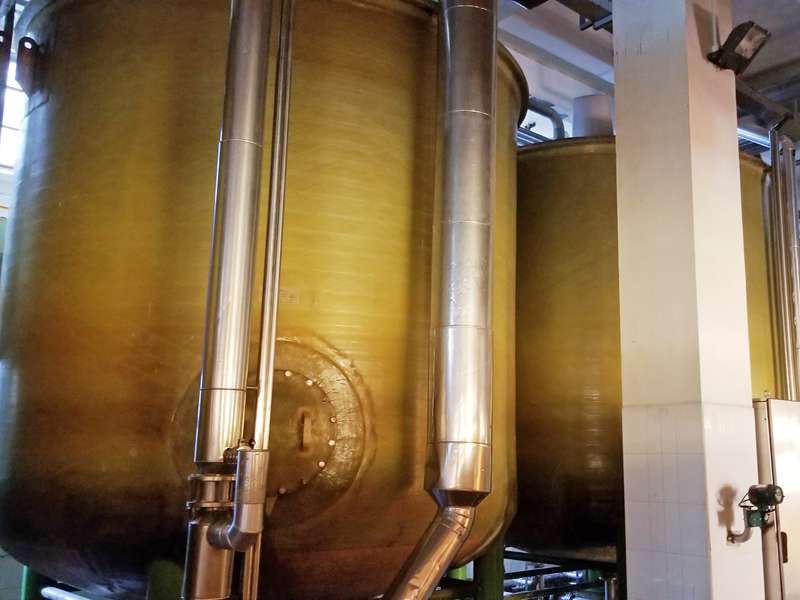
-
 Afrikaans
Afrikaans -
 Albanian
Albanian -
 Amharic
Amharic -
 Arabic
Arabic -
 Armenian
Armenian -
 Azerbaijani
Azerbaijani -
 Basque
Basque -
 Belarusian
Belarusian -
 Bengali
Bengali -
 Bosnian
Bosnian -
 Bulgarian
Bulgarian -
 Catalan
Catalan -
 Cebuano
Cebuano -
 China
China -
 China (Taiwan)
China (Taiwan) -
 Corsican
Corsican -
 Croatian
Croatian -
 Czech
Czech -
 Danish
Danish -
 Dutch
Dutch -
 English
English -
 Esperanto
Esperanto -
 Estonian
Estonian -
 Finnish
Finnish -
 French
French -
 Frisian
Frisian -
 Galician
Galician -
 Georgian
Georgian -
 German
German -
 Greek
Greek -
 Gujarati
Gujarati -
 Haitian Creole
Haitian Creole -
 hausa
hausa -
 hawaiian
hawaiian -
 Hebrew
Hebrew -
 Hindi
Hindi -
 Miao
Miao -
 Hungarian
Hungarian -
 Icelandic
Icelandic -
 igbo
igbo -
 Indonesian
Indonesian -
 irish
irish -
 Italian
Italian -
 Japanese
Japanese -
 Javanese
Javanese -
 Kannada
Kannada -
 kazakh
kazakh -
 Khmer
Khmer -
 Rwandese
Rwandese -
 Korean
Korean -
 Kurdish
Kurdish -
 Kyrgyz
Kyrgyz -
 Lao
Lao -
 Latin
Latin -
 Latvian
Latvian -
 Lithuanian
Lithuanian -
 Luxembourgish
Luxembourgish -
 Macedonian
Macedonian -
 Malgashi
Malgashi -
 Malay
Malay -
 Malayalam
Malayalam -
 Maltese
Maltese -
 Maori
Maori -
 Marathi
Marathi -
 Mongolian
Mongolian -
 Myanmar
Myanmar -
 Nepali
Nepali -
 Norwegian
Norwegian -
 Norwegian
Norwegian -
 Occitan
Occitan -
 Pashto
Pashto -
 Persian
Persian -
 Polish
Polish -
 Portuguese
Portuguese -
 Punjabi
Punjabi -
 Romanian
Romanian -
 Russian
Russian -
 Samoan
Samoan -
 Scottish Gaelic
Scottish Gaelic -
 Serbian
Serbian -
 Sesotho
Sesotho -
 Shona
Shona -
 Sindhi
Sindhi -
 Sinhala
Sinhala -
 Slovak
Slovak -
 Slovenian
Slovenian -
 Somali
Somali -
 Spanish
Spanish -
 Sundanese
Sundanese -
 Swahili
Swahili -
 Swedish
Swedish -
 Tagalog
Tagalog -
 Tajik
Tajik -
 Tamil
Tamil -
 Tatar
Tatar -
 Telugu
Telugu -
 Thai
Thai -
 Turkish
Turkish -
 Turkmen
Turkmen -
 Ukrainian
Ukrainian -
 Urdu
Urdu -
 Uighur
Uighur -
 Uzbek
Uzbek -
 Vietnamese
Vietnamese -
 Welsh
Welsh -
 Bantu
Bantu -
 Yiddish
Yiddish -
 Yoruba
Yoruba -
 Zulu
Zulu
fiberglass elbows
The Importance of Fiberglass Elbows in Industrial Applications
Fiberglass elbows are essential components in a wide range of industrial applications. Made from a composite material consisting of glass fibers and resins, these elbows offer superior performance in various environments. As industries strive for efficiency, durability, and cost-effectiveness, the advantages of using fiberglass elbows become increasingly evident.
1. Understanding Fiberglass Elbows
Fiberglass elbows are curved fittings that connect sections of piping systems. They can be found in numerous industrial sectors, including chemical processing, water treatment, food production, and power generation. Their designs allow for seamless changes in the direction of fluid flow, which is critical for maintaining system efficiency and reducing wear on other components.
2. Advantages of Fiberglass Elbows
A. Corrosion Resistance
One of the primary benefits of fiberglass elbows is their exceptional resistance to corrosion. Unlike metal fittings, which can rust and degrade when exposed to harsh chemicals or moisture, fiberglass resists such deterioration. This property makes fiberglass elbows particularly valuable in chemical industries where corrosive substances are prevalent.
B. Lightweight and Durable
Fiberglass materials are significantly lighter than traditional metals, such as steel or iron. This lightweight characteristic facilitates easier handling and installation, reducing labor costs and increasing operational efficiency. Despite their reduced weight, fiberglass elbows demonstrate remarkable strength and durability, enabling them to withstand high pressures and temperatures.
C. Cost-Effectiveness
While the initial investment for fiberglass elbows may be higher than that of traditional materials, their long-term benefits lead to overall cost savings. The longevity and low maintenance requirements of fiberglass components minimize the need for frequent replacements and repairs. Furthermore, their efficiency in preventing corrosion-related issues leads to lower operational costs.
3. Applications of Fiberglass Elbows
fiberglass elbows

Fiberglass elbows are versatile and can be utilized across various industries. Here are some common applications
A. Chemical Processing
In chemical processing plants, the movement of aggressive chemicals often leads to significant wear and tear on traditional piping. Fiberglass elbows help mitigate this issue by providing a robust solution that preserves the integrity of the piping system.
B. Water Treatment Facilities
Water treatment facilities require components that can withstand varying pH levels and chemical treatments. The corrosion resistance of fiberglass elbows makes them ideal for transporting water and wastewater, ensuring the system remains efficient and functional.
C. Food and Beverage Industry
The food and beverage industry demands strict hygiene and safety standards. Fiberglass elbows are non-reactive, meaning they won’t leach harmful substances into food and drinks. This quality ensures compliance with food safety regulations while providing a durable solution for handling various liquids.
D. Power Generation
In power plants, the transport of steam, gases, and liquids under extreme conditions necessitates reliable materials. Fiberglass elbows can withstand the high temperatures and pressures commonly found in power generation processes, making them a preferred choice for many operators in the energy sector.
4. Conclusion
In conclusion, fiberglass elbows are crucial components that offer a multitude of benefits across various industrial applications. Their corrosion resistance, lightweight design, and cost-effectiveness make them an attractive alternative to traditional piping materials. As industries continue to evolve, the demand for durable, efficient, and reliable components will only grow.
By understanding the advantages and applications of fiberglass elbows, professionals in engineering, procurement, and maintenance can make informed decisions that enhance the operational efficiency of their systems. Whether it’s in chemical processing, food production, or power generation, investing in quality fiberglass elbows is a step toward a more efficient and sustainable industrial future.









